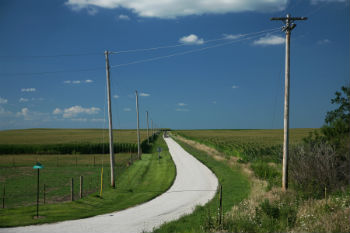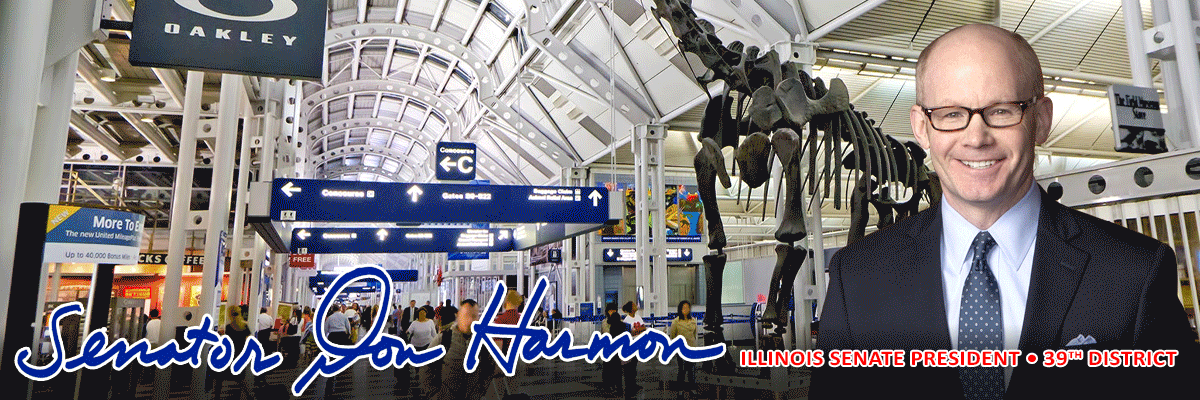 Communities in rural Illinois would face one less obstacle in acquiring broadband internet access under a measure that Senator Don Harmon (D-Oak Park) advanced Wednesday in the General Assembly.
Communities in rural Illinois would face one less obstacle in acquiring broadband internet access under a measure that Senator Don Harmon (D-Oak Park) advanced Wednesday in the General Assembly.
Senate Bill 2237, which passed in the Senate and now goes to the House for consideration, would allow broadband internet providers to use existing highway right-of-ways for laying fiber optic cable.
These are the same right-of-ways that water and sewer utilities use for laying pipe. The property is not productive farmland, suitable for building or used for any purpose other than roadways, nor is it subjected to property taxes.
Currently, individuals who own the land under these highways can choose to delay fiber optic projects indefinitely by refusing to grant access to the broadband providers.
Harmon said the legislation prompted a broad conversation between two legitimate and competing interests in Illinois: the rights of property owners and the desire to see that all of Illinois is able to access broadband technology in the 21st century.
“Hospitals, schools, businesses and residents everywhere, including in rural parts of Illinois, deserve to have access to broadband internet and cable services,” Harmon said.
“Just as we have taken steps through the centuries to ensure transportation networks exist throughout Illinois and the nation for the good of commerce and convenience, it’s vital in this day and age to ensure broadband internet networks exist with the same prevalence. After all, today it is the information highway that connects communities and people across the state, the country and the world.”
The legislation applies only to existing easements with roads on them. Under the proposal, broadband companies would have to pay for repairs for any damage they do to drainage tiles in the right of way while installing cable.
“This is an investment in rural and downstate Illinois, where people want to be connected,” Harmon said. “If we don’t take these kinds of steps today, there will be less incentive for others to invest in these areas in the future.”




